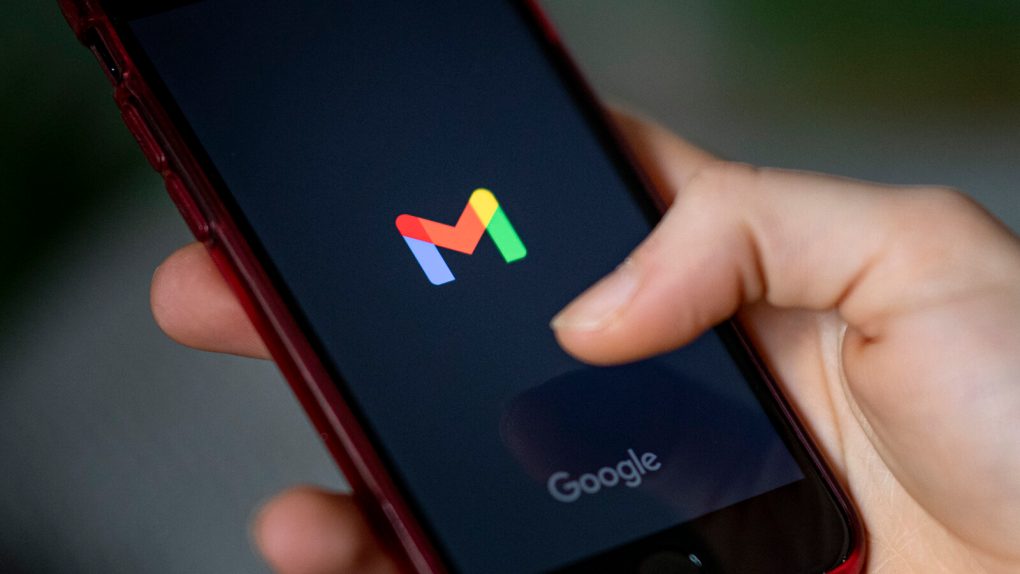As much of an impact as ChatGPT has had since its launch in November, a prominent computer engineer believes we’ve only seen the tip of the iceberg. Shortly after OpenAI’s Chat Generative Pre-Trained Transformer (ChatGPT) debuted, Gmail creator Paul Buchheit predicted on Twitter that ChatGPT could be “a year or two away” from putting Google out of business.
“AI will eliminate the Search Engine Result Page, which is where they make most of their money,” Buchheit wrote. “Even if they catch up on AI, they can’t fully deploy it without destroying the most valuable part of their business!”
He then went on to offer a detailed account of how Google’s downfall could play out:
The way I imagine this happening is that the URL/Search bar of the browser gets replaced with AI that autocompletes my thought/question as I type it while also providing the best answer (which may be a link to a website or product). The old search engine backend will be used by the AI to gather relevant information and links, which will then be summarized for the user. It’s like asking a professional human researcher to do the work, except the AI will instantly do what would take many minutes for a human.
The internet has been portending Google’s demise ever since ChatGPT arrived, but Buchheit’s point is well taken. Advertising generates most of Google’s revenue. When you search on Google, you see ads, and Google makes money. But if the Search Engine Results Page (SERP) becomes irrelevant due to the fact that an AI can precisely answer any question you have without displaying a page full of links (and ads), why would anyone ever Google again?
As such, even if Google launches its very own ChatGPT alternative in the near future, it would be pushing people away from its most important source of revenue.
It’s hard to imagine that SERPs will become obsolete any time soon. How often do you search for reviews of a new movie, show, or game and click on multiple links to see a variety of opinions? Or scroll through product listings to find the option that best suits your needs? That said, most of us rarely click past the first page of search results as it is.








